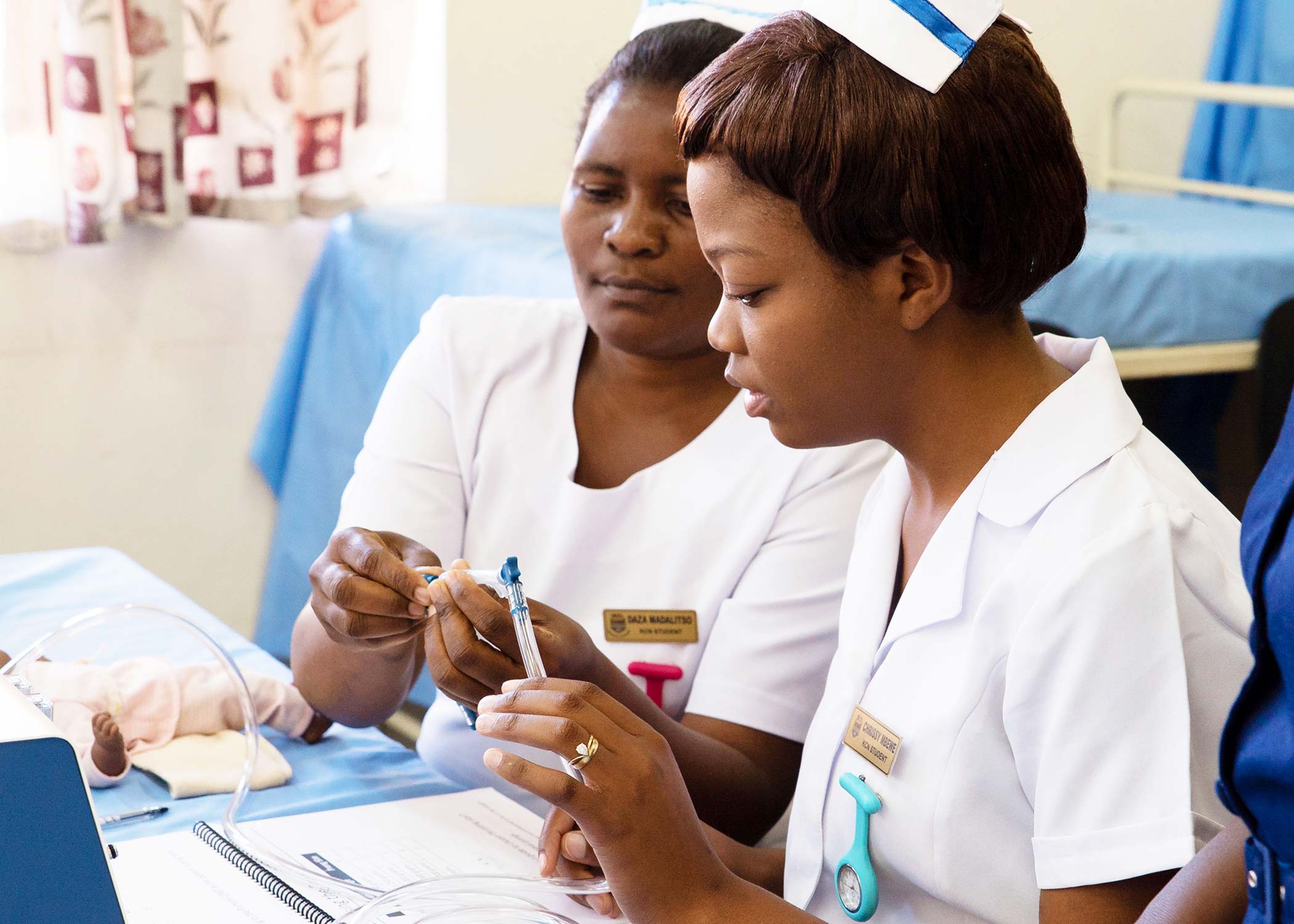Content on this site is co-developed by implementers. | Please send inputs and ideas so we can move faster together.

To meet coverage and mortality targets, we need to deliver high quality small and sick newborn care at scale
History shows that implementing high levels of newborn care reduces newborn mortality in line with SDG 3.2, below 12 deaths per 1000 births[1]. It is estimated that scaling-up small and sick newborn care can save nearly 750000 lives every year[3].
Evidence suggests that implementing quality newborn care in hospitals and care of small and sick newborns will have the largest impact on reducing neonatal mortality[1].
Mortality targets can only be achieved with special newborn care plus respiratory support
Most small and sick newborns can be managed with special inpatient care with respiratory support, which can only be provided in a health facility. The WHO Standards for improving the quality of care for small and sick newborns in health facilities define the guidelines for inpatient small and sick newborn care in line with the WHO quality framework and in the context of universal health coverage. Importantly, they show the need for multiple interventions and action across the whole health system.
Right: WHO levels of Newborn Care with Interventions, Refs WHO/UNICEF report “Survive and Thrive; Transforming care for small and sick newborns” based on a global survey published in PLoS (Moxon et al 2019)

- Immediate newborn care (delayed cord clamping, drying, skin-to-skin etc.)
- Neonatal resuscitation when needed
- Breastfeeding early initiation and support
- Identification and referral of complications
- Targeted care as needed e.g. PMTCT of HIV

- Thermal care including KMC for all stable neonates <2000gms
- Assisted feeding and IV fluids
- Safe administration of oxygen
- Detection and management of neonatal sepsis with injection antibiotics
- Detection and management of neonatal jaundice with phototherapy
- Detection and management of neonatal encephalopathy
- Detection and referral/management of congenital abnormalities

- Management of preterm respiratory distress with Continuous Positive Airway Pressure (CPAP)
- Follow-up of at risk newborns
- Exchange transfusion

- Mechanical/assisted ventilation
- Advanced feeding support (e.g. parenteral nutrition)
- Paediatric surgery for congenital conditions
- Screening and treatment for retinopathy of prematurity
Implementation gap
To deliver high quality care for every small and sick newborn, we need to have the right space, the right people and the right supplies, backed by supportive leadership and data for action. This requires a package of care with families at the centre ensuring zero separation between parents and their newborns. A whole health systems, country-led approach is required.
This Implementation Toolkit brings together readings, tools and learnings to provide a one-stop shop for implementers to act, use, share and learn. Information in support of WHO norms and standards from more than 300 implementers around the world is systematically organised to enable implementation and reach every newborn.
To meet the targets, immediate action is required to scale-up small and sick newborn care.
